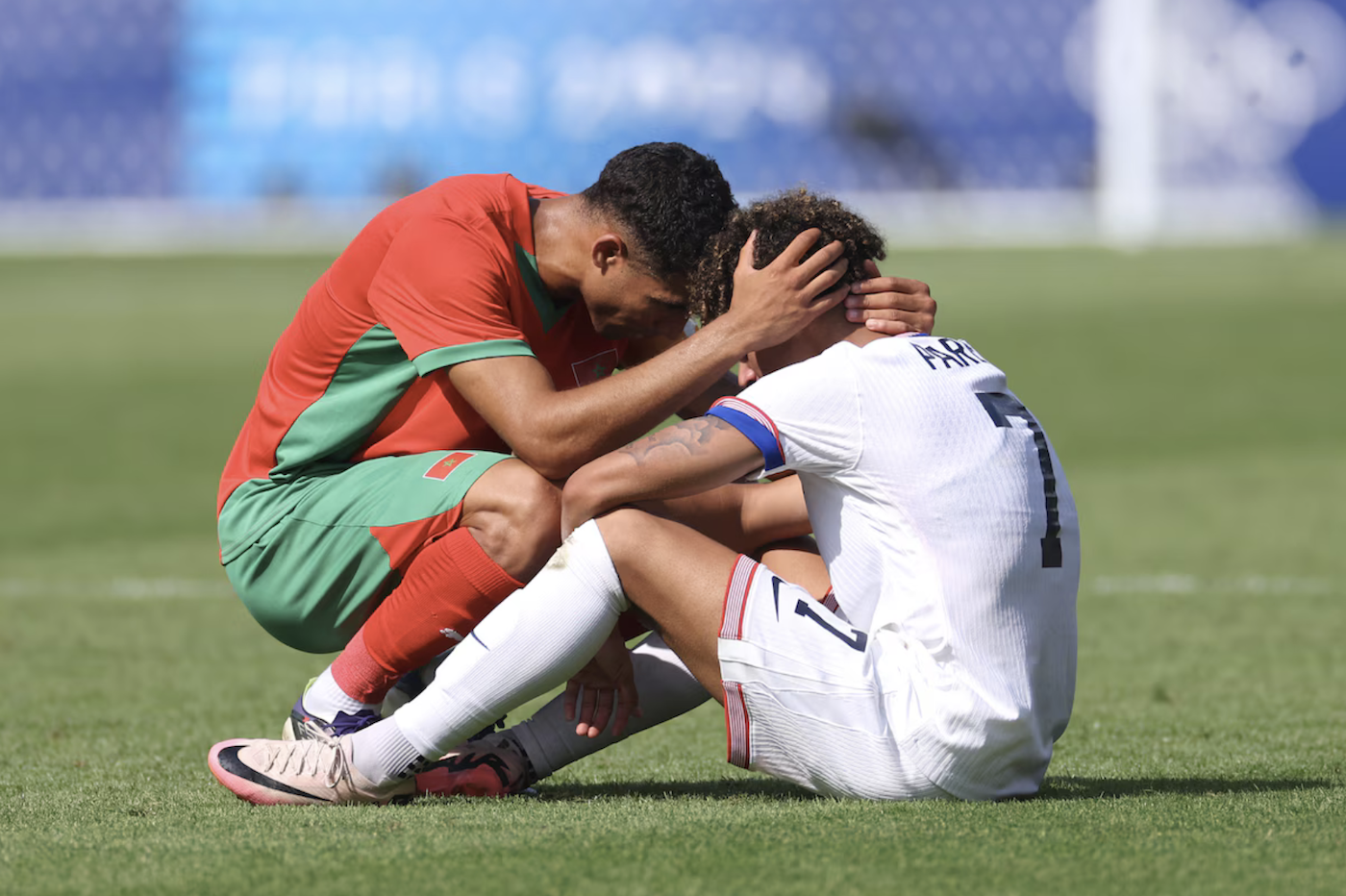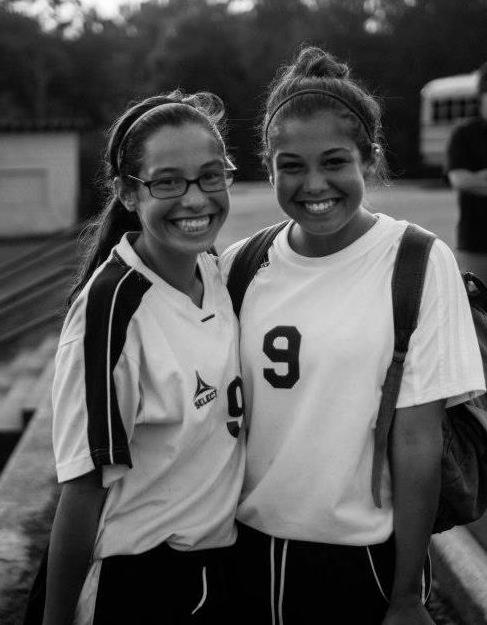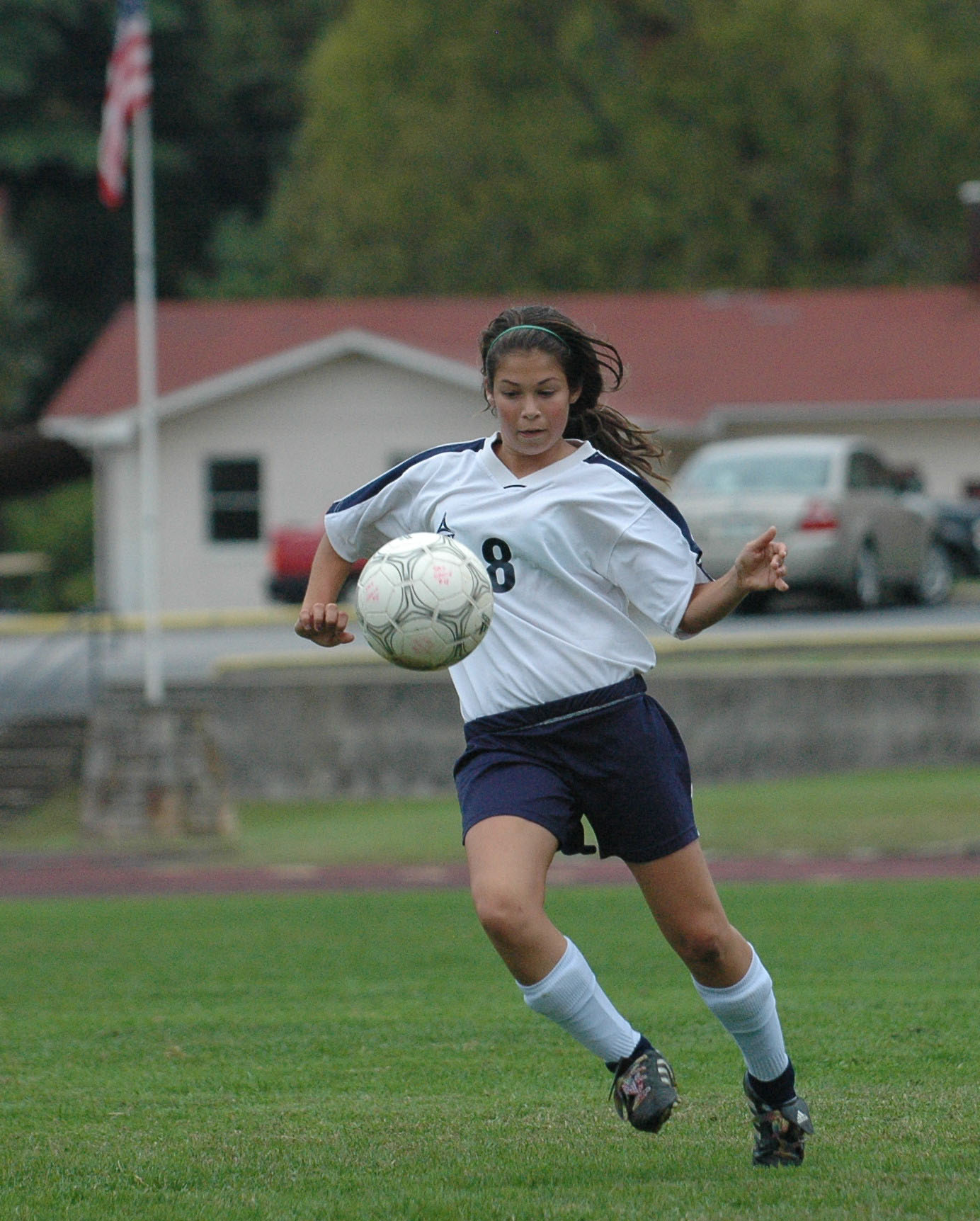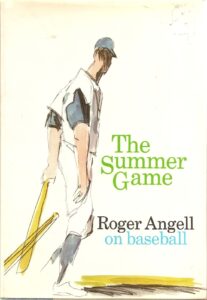Did you know that you can now place bets on the speed of a particular pitch that is about to be thrown in a Major League Baseball game? Did you know that you can bet on the outcome of the next running play in a National Football League game? You can even bet on whether the next shot in a National Basketball Association game will be a two-pointer or a three-pointer.
It’s called “micro-betting” and it is just one way in which the reach and profitability of sports betting has exploded in recent years. If you watched the World Series this year, you might have noticed that almost every other commercial was for a sports betting app or service. Bettors are now able to wager as well on the performances of individual players. How many points will my team’s shooting guard score? How many strikeouts will my team’s starting pitcher have? How many receiving yards will my team’s tight end gain? This isn’t your dad’s sports betting, to borrow a clichéd phrase. It’s not just about who wins and loses and by how much. Gambling has seeped into pretty much every part of every game in every sport. And this new gambling reality is starting to impact the integrity of the major professional leagues.
Gambling is a vice, obviously. For many, it is an addiction. It can be argued that any legalized gambling places some people at risk — gamblers themselves as well as their family members, not to mention those who may be victims of the organized crime syndicates that often involve themselves in gambling. State sponsored gambling in the form of lotteries has long been controversial. It would be irresponsible of me not to mention all of this, even if these things are not the subjects of today’s post. For the purposes of this essay, I will focus my discussion on the new developments in sports betting.
Over the weekend, two pitchers for the Cleveland Guardians, relievers Emmanuel Clase and Luis Ortiz, were indicted on gambling charges. Prosecutors allege that the two pitchers told associates ahead of their late-inning appearances what pitches they would throw in sequence. Those in the know would place a bet that, say, their fourth pitch would be clocked below 95 mph and would result in a ball or a hit batsman. The relievers would then throw a wild slider on that fourth pitch and would later receive a share of the winnings.
Videos accompanying the mobile version New York Times story about the scheme show Clase, a three time all-star and one of the best relievers in the game over the past several seasons, burying the bet-upon pitches in the dirt in front of home plate again and again and again. One of those pitches bounced up and struck his team’s catcher in the shoulder, causing the catcher to clutch his shoulder in pain.
This baseball scandal comes only a couple of weeks after the National Basketball Association was caught up in a gambling scandal of its own. Chauncey Billups, a coach and former player, Terry Rozier, a current player, and Damon Jones, a current assistant coach, have been arrested for their roles in the illegal activity. They would inform bettors of inside information on upcoming games — which players were hurt and would not appear — so that the gamblers could more accurately predict the games’ outcomes. In one instance, Rozier told gamblers to bet on him underperforming in an upcoming game. He then faked an injury during the game and removed himself from play in order to keep his statistics low. The men were also involved in a poker cheating scheme that involved mafia figures, which has nothing to do with NBA games directly, but seems like a really bad idea . . . .
Since a 2018 Supreme Court case loosening restrictions on sports betting, similar cases have led to harsh disciplinary action being taken against other players in the NFL and NBA, as well as in Major League Baseball. For baseball, though, gambling is more than just a recent problem. It is, in a sense, the sport’s original sin, the historic black eye that shaped its early development into “the national pastime.”
In 1919, the Chicago White Sox played the Cincinnati Reds in the World Series. Eight of its players, including star outfielder Joe Jackson, are said to have conspired with gamblers to throw the series to the Reds, earning themselves a lifelong ban from baseball, and the sobriquet “the Black Sox.” The Black Sox scandal has been the subject of two fine movies: Eight Men Out, starring John Cusack and directed by John Sayles; and a personal favorite of mine, Field of Dreams, starring Kevin Costner, Amy Madigan, and James Earl Jones. Both portray the players as simple-minded, easily duped by the gamblers who paid them, and, in the case of Joe Jackson, innocent, despite the fact that he accepted a payment of $5,000. I offer no opinion on the matter; I don’t know enough about the particulars. But I grew up hearing about the Black Sox. Because in the wake of the scandal, baseball’s owners hired Judge Kennesaw Mountain Landis as baseball’s first commissioner (in fact, if not name) to oversee the direction of the sport and to cleanse it of gambling influence. For a long time it worked.
 Until Pete Rose came along. For those you who don’t know the name, Rose was one of baseball’s biggest stars in the 1960s and 1970s. A winner of the Rookie of the Year Award in 1963 and the Most Valuable Player award a decade later, he was a key figure in the Cincinnati Reds’ dynasty of the mid-70s. He won several batting titles, finished his playing career as the Major League’s career leader in hits (as well as in games played and at bats), and was a shoe-in to be inducted into the Hall of Fame in his first year of eligibility.
Until Pete Rose came along. For those you who don’t know the name, Rose was one of baseball’s biggest stars in the 1960s and 1970s. A winner of the Rookie of the Year Award in 1963 and the Most Valuable Player award a decade later, he was a key figure in the Cincinnati Reds’ dynasty of the mid-70s. He won several batting titles, finished his playing career as the Major League’s career leader in hits (as well as in games played and at bats), and was a shoe-in to be inducted into the Hall of Fame in his first year of eligibility.
Now, I should say here that I never liked Rose. He was what people call “a hard-nosed player.” He was intense and competitive. His fans called him “Charlie Hustle,” because he always played like his life depended on it. If he drew a walk, which he did a lot, he wouldn’t jog to first base like most players, he’d run full tilt. During one memorable all-star game, which is essentially an exhibition game that counts for nothing but bragging rights, he won the contest for the National League by barreling over the American League catcher, Ray Fosse, to score the winning run. In the process, he broke two of Fosse’s ribs. The catcher was never the same. In short, Pete Rose was an asshole. His “hustle” was, to my mind, showmanship. “Look at me! Look how I run even when I don’t have to.” He was a great baseball player — I would never dispute that — but after his playing days were through and he had become a manager, I was not at all surprised to learn that he had been accused of betting on baseball games, including those in which his teams played. Rose denied it for years, but the evidence was clear and, like the White Sox players, he was banned from baseball and deemed ineligible for the Hall of Fame. In a 2004 autobiography, he finally confirmed what everyone else already knew: that he had, in fact, bet on games involving his team.
My point in retracing this history is quite simple: Gambling and sports mix poorly. I’m not naïve. So long as there are contests on which to wager, people will look to make money by betting on them. I know this. Players are, by nature competitive people, and at times, during the full grind of a 162-game season, their interest in just winning games might wane. I always believed that Rose bet on baseball because, once his playing career ended, managing wasn’t intense enough for him. He needed more of an edge, more excitement. He also probably didn’t handle his money well, as evidenced by his 1990 conviction for tax evasion. Other players have faced similar issues post retirement. But this is all the more reason to avoid making every play of every game a betting opportunity. Because as long as players are the subjects of wagers, they are going to feel that they have some right to be cut in on the winnings. It’s hard to argue with them on this, even if it is illegal and against established league bylaws. So why create the incentive? The games ought to be interesting enough. Failing that, being able to bet on the outcome of those games, ought to add interest enough. Allowing bets on every play, not to mention on every players’ individual performance, creates too much incentive to break the rules. And this applies across all sports at all levels.
For the better part of a century, Shoeless Joe Jackson and Pete Rose were among the exceptions — players who couldn’t resist the allure of easy money. Today’s sports betting rules and the resulting ubiquity of gambling, make the temptation too great. There are bound to be a lot more scandals going forward.
Have a great week. I bet you will . . . .









 Last weekend, at ConCarolinas, I was honored with the Polaris Award, which is given each year by the folks at Falstaff Books to a professional who has served the community and industry by mentoring young writers (young career-wise, not necessarily age-wise). I was humbled and deeply grateful. And later, it occurred to me that early in my career, I would probably have preferred a “more prestigious” award that somehow, subjectively, declared my latest novel or story “the best.” Not now. Not with this. I was, essentially, being recognized for being a good person, someone who takes time to help others. What could possibly be better than that?
Last weekend, at ConCarolinas, I was honored with the Polaris Award, which is given each year by the folks at Falstaff Books to a professional who has served the community and industry by mentoring young writers (young career-wise, not necessarily age-wise). I was humbled and deeply grateful. And later, it occurred to me that early in my career, I would probably have preferred a “more prestigious” award that somehow, subjectively, declared my latest novel or story “the best.” Not now. Not with this. I was, essentially, being recognized for being a good person, someone who takes time to help others. What could possibly be better than that?

 My mind has been on Title IX again over the past month, as Nancy and I (and our daughters, while we were all together in Colorado) watched the Women’s World Cup. Soccer has long been a very big deal in our household. Our daughters grew up playing, first in weekend league soccer and then through middle school and high school. Both of them were accomplished players. Both of them continue to love the sport. And so we all look forward to the World Cup — men’s and women’s — the way we look forward to holidays and birthdays.
My mind has been on Title IX again over the past month, as Nancy and I (and our daughters, while we were all together in Colorado) watched the Women’s World Cup. Soccer has long been a very big deal in our household. Our daughters grew up playing, first in weekend league soccer and then through middle school and high school. Both of them were accomplished players. Both of them continue to love the sport. And so we all look forward to the World Cup — men’s and women’s — the way we look forward to holidays and birthdays. World Cup soccer — men’s and women’s — begins with what is called group play. The field of thirty-two is divided into eight groups of four. Each group plays among themselves, three matches for each team, and they get three points for a win, one point for a draw, and none for a loss. The two teams with the best record from each group advance to the knockout stage, so called because there are no ties, and the loser of each match is knocked out of the competition.
World Cup soccer — men’s and women’s — begins with what is called group play. The field of thirty-two is divided into eight groups of four. Each group plays among themselves, three matches for each team, and they get three points for a win, one point for a draw, and none for a loss. The two teams with the best record from each group advance to the knockout stage, so called because there are no ties, and the loser of each match is knocked out of the competition. Despite American disappointment, these developments actually constitute incredibly good news for women’s soccer around the world. Title IX paved the way for the U.S. women to become a dominant team, and in many European nations, where traditional football is THE sport, women’s teams have access to facilities and funding. But in other places this is simply not the case. The Jamaican woman faced so many financial hardships in their preparation for this year’s Cup that they literally had to rely on crowdfunding in order to participate.
Despite American disappointment, these developments actually constitute incredibly good news for women’s soccer around the world. Title IX paved the way for the U.S. women to become a dominant team, and in many European nations, where traditional football is THE sport, women’s teams have access to facilities and funding. But in other places this is simply not the case. The Jamaican woman faced so many financial hardships in their preparation for this year’s Cup that they literally had to rely on crowdfunding in order to participate. Beginning in 1962, and continuing through most of the next sixty years, Angell wrote about baseball, contributing articles to The New Yorker a couple of times each season, usually once during spring training, and once at the end of the World Series. Some seasons he added a mid-season essay. His articles were later collected in volumes — The Summer Game (1972), Five Seasons (1977), Late Innings (1982), Season Ticket (1988), and Once More Around the Park (1991). I own all of them, and have read them multiple times.
Beginning in 1962, and continuing through most of the next sixty years, Angell wrote about baseball, contributing articles to The New Yorker a couple of times each season, usually once during spring training, and once at the end of the World Series. Some seasons he added a mid-season essay. His articles were later collected in volumes — The Summer Game (1972), Five Seasons (1977), Late Innings (1982), Season Ticket (1988), and Once More Around the Park (1991). I own all of them, and have read them multiple times.